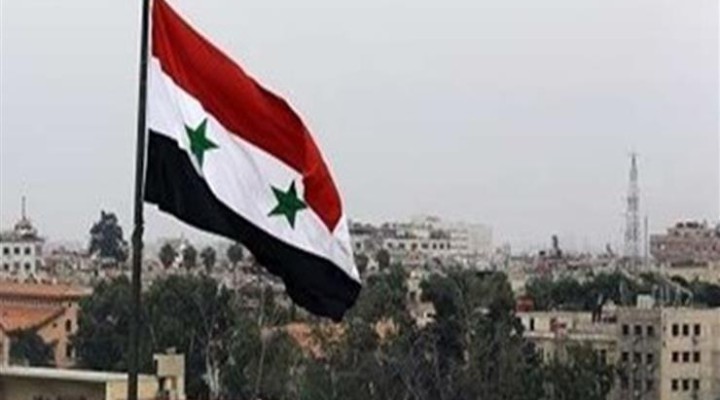Slowly but surely, Syria is recovering

Israel’s latest attack is a mark of desperation rather than strength
Monday’s Israeli air raid near Aleppo, supposedly targeting a Hezbollah base, caused the deaths of 16 people. It was the first such strike against Syria since the attack on the Iranian consulate in Damascus in April.
This was meant to be a response to escalating actions by resistance groups against the Israeli army and air bases in the occupied Golan Heights, not just by Lebanon’s Hezbollah but also by missile strikes launched by the Iraqi Islamic resistance as part of a coordinated response to Israel’s war on the Gaza Strip.
Iran’s stunning retaliation for the bombing of its consulate — a massive drone and missile barrage that managed to hit two key Israeli air bases despite the elaborate wall of air defences set up by US forces based in Jordan — was a game-changer. It panicked Israel’s military and civilian leadership and its settler population, but more importantly, it established a new doctrine: serial Israeli attacks and killings in Lebanon and Syria will no longer go unanswered.
Syria, meanwhile, is continuing to steadily recover, both practically and politically, and internally and externally, from the agonies inflicted on it over the past decade and more.
The Western and Arab embargo imposed on the country is eroding. Arab regimes have rebuilt bridges with Damascus. President Asad has participated in recent Arab summits and developed relations with key players such as the UAE and Saudi Arabia, preceded by Oman. There are also signs of a rapprochement between Syria and ultra-hostile Qatar, reflected in the closure of the Syrian opposition coalition’s ’embassy’ in Doha and related institutions. Damascus has also been allowed to directly supervise the pilgrimage of Syrian citizens to the annual Hajj for the first time in years.
Meanwhile, the rebel-controlled northern district of Idlib has been in ferment. There have been increased protests and disturbances against the dominant Hay’at Tahrir al-Sham (HTS) ‘opposition’ group and its gangsterism and abuses, and demands the removal of its leader, Abu-Muhammad al-Jolani. Splits have emerged within that movement, and there are increasing calls for Damascus to reimpose its sovereignty over the area because of the intolerable living conditions.
Demands have also been growing for Turkey, which effectively controls the enclave, to normalise relations with Syria. Devlet Bahceli, President Recep Tayyip Erdogan’s ultra-nationalist ally, has urged him to resume coordination with Asad to curb Kurdish separatist ambitions in northern Syria.
There is speculation that US President Joe Biden could be poised to recognise a separatist Kurdish entity in northern Syria, and also possibly in Iraq. That would deal a body-blow to the Turkish state and its security and stability, as seen from Ankara. Iraq’s prime minister went to the Turkish capital a few days ago in a bid to broker a reconciliation between Erdogan and Asad to deter such a move by Washington.
Erdogan, facing mounting economic and political difficulties at home and having failed to gain favour with the Biden administration, is now seeking to make friends in the region. He is particularly keen on regaining the confidence of Russia, and key to that is clearing the air with Syria.
Syria is undeniably in a terrible and deteriorating state economically. Its people are suffering badly under draconian US-imposed sanctions. But there are signs of improvement. Reforms have been introduced, including anti-corruption measures and curbs on the excesses and abuses of the security forces. European countries such as Italy — which sent its intelligence chief to Damascus a few days ago — have begun repairing ties and this trend is likely to grow.
Israel’s latest attacks were intended to signal that it continues to wield overwhelming power over all adversaries. But this is hubris. It is experiencing domestic collapse and defeat at the hands of resistance fighters from Gaza, South Lebanon, and Yemen. It has failed to vanquish the Gaza Strip after nearly nine months of vicious bombardment, and the US administration is making desperate efforts to cut its losses and save it from itself.
Slowly but surely, Syria is recovering and regaining its stature in the Arab world. The day will surely come when it will deliver a fitting response to tall those hundreds of Israeli attacks it was subjected to during its time of weakness.
https://www.raialyoum.com/slowly-but-surely-syria-is-recovering/
 TheAltWorld
TheAltWorld 
0 thoughts on “Slowly but surely, Syria is recovering”